Ever heard someone ask, “Do capybaras bite?” It’s a real question that pops up when folks start considering these adorable, oversized rodents as pets or spot them lounging in a zoo. Sure, capybaras are famously chill, but like all animals, they have their boundaries. So, let’s dive deep into this topic and answer all your questions about whether capybaras bite, why they might, and how you can avoid any toothy encounters.
What Are Capybaras Really Like?
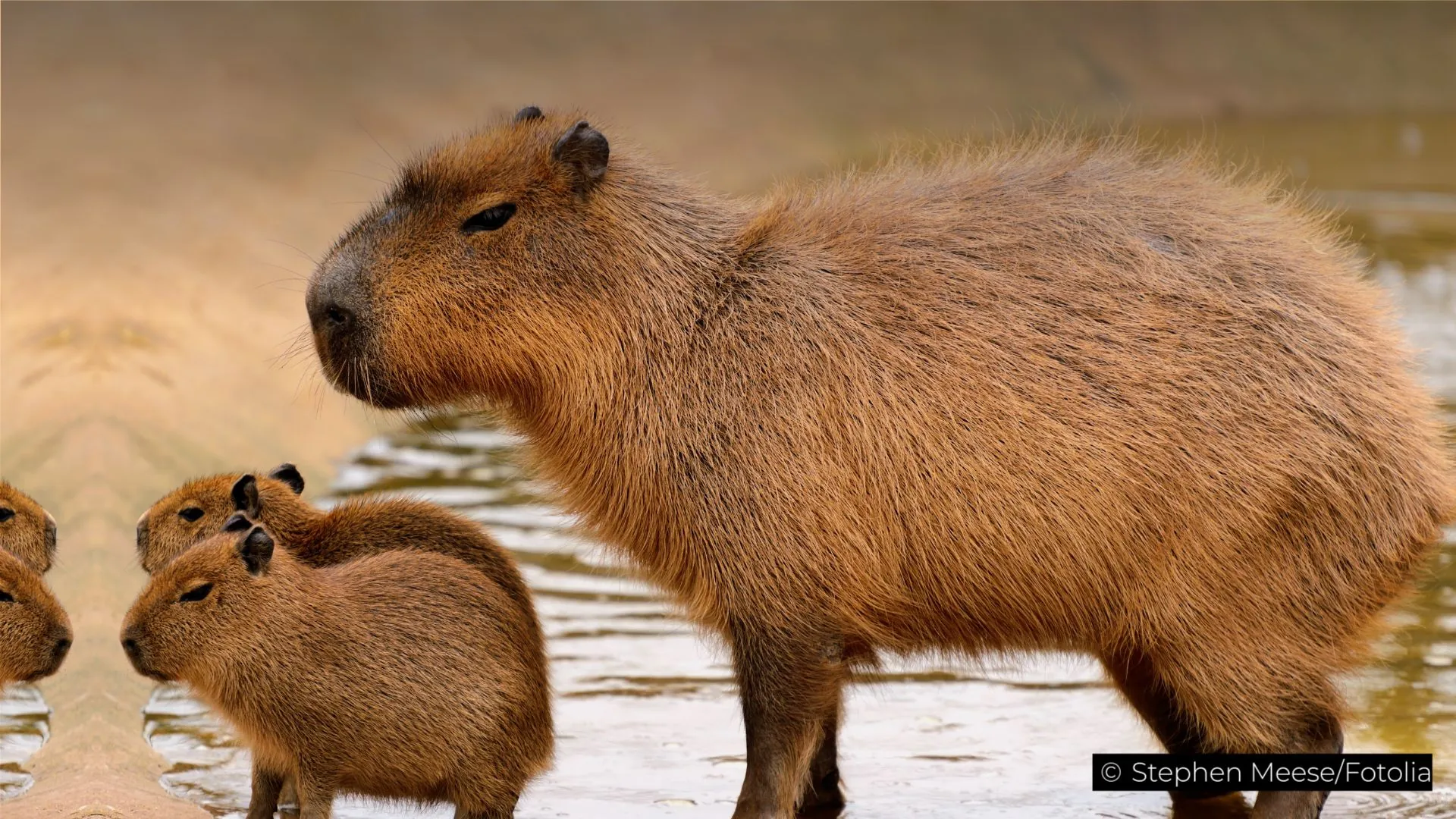
Imagine a massive guinea pig—social, calm, and always down to relax. That’s your average capybara. These South American natives are the largest rodents in the world, often hanging out in groups by rivers or ponds. They’re peaceful by nature, but they’re still wild animals.
Quick facts about capybaras:
- Social butterflies: They live in groups of 10–20, sometimes more.
- Herbivores: Grass and aquatic plants are their go-to meals.
- Natural prey: They’re always on high alert for predators like jaguars or caimans.
But even these zen creatures have their moments.
Why Do Capybaras Bite?
First off, let’s clear the air—capybaras don’t just go around biting people for fun. If they do bite, there’s usually a good reason behind it. Here are the main triggers:
1. Feeling Threatened
Ever feel cornered in a heated debate? Capybaras get that way too, but instead of words, they use their teeth. When they sense danger and can’t escape, a bite is their last-ditch defense.
2. Protecting Their Young
Mama capybaras are super protective. If you mess with their babies, you’re asking for trouble. A bite in this scenario isn’t aggression—it’s survival instincts kicking in.
3. Territorial Behavior
During mating season, males might get a little possessive. If another capybara—or even you—steps into their space, a nip could follow.
4. Pain or Discomfort
Think about the last time you stubbed your toe. You weren’t in the mood for hugs, right? Capybaras in pain react similarly. If they’re injured or uncomfortable, they may bite to signal, “Back off!”
5. Stress and Anxiety
Loud noises, unfamiliar environments, or overcrowding can push capybaras out of their comfort zone. And when they’re stressed, biting is a way of saying, “I’ve had enough.”
Capybara Bite Strength: Should You Be Worried?
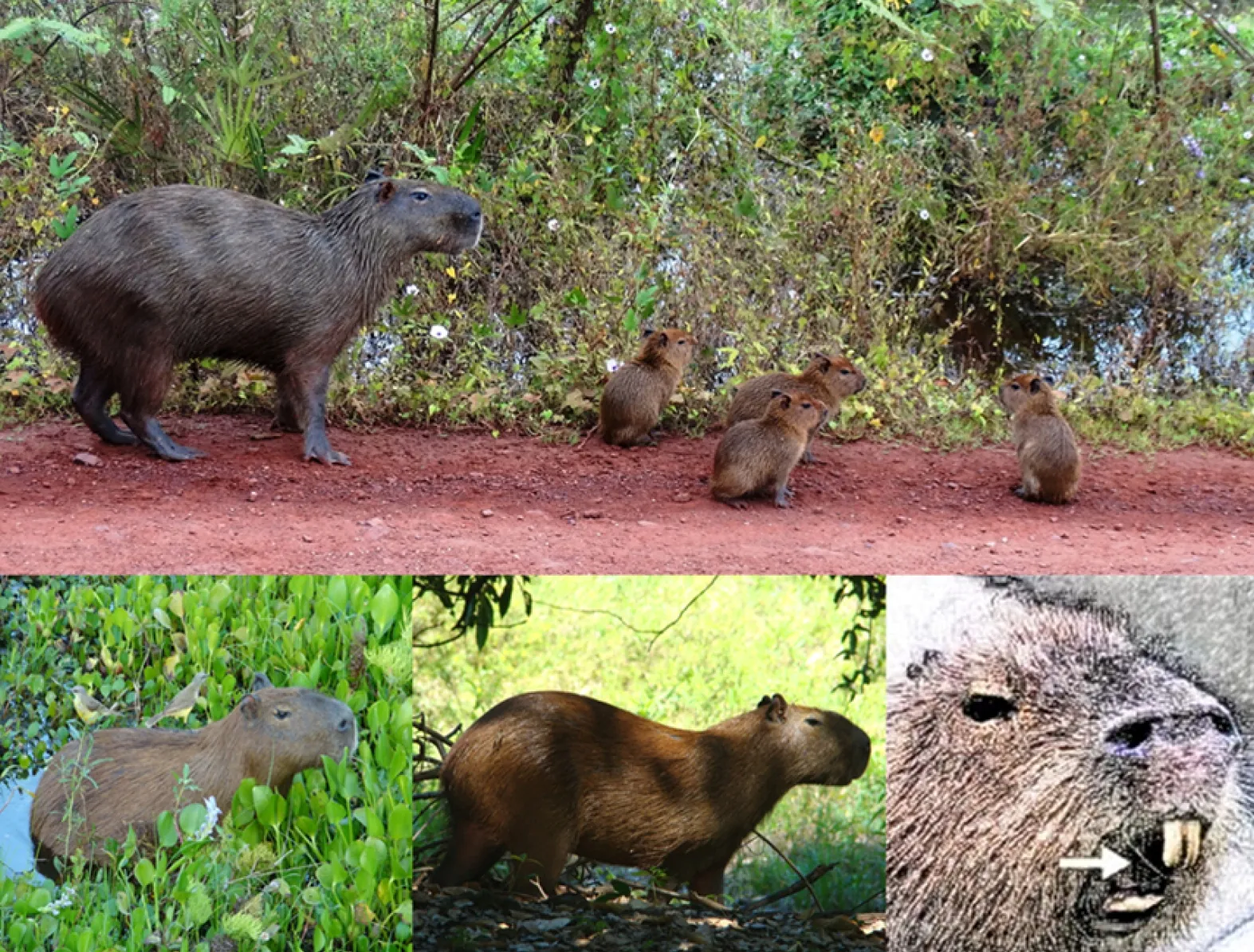
Now, here’s the deal—capybaras have some serious jaw power. With a bite force of around 1,400 newtons, these guys can crack through tough plants like it’s no big deal. So, yes, a bite can hurt.
But the real concern isn’t just the pain. A capybara bite can introduce:
- Infections: Think bacteria like Leptospira, which can cause leptospirosis.
- Rabies: Rare, but possible if the animal is infected.
- Tetanus: Another reason to keep your shots updated.
How to Avoid Getting Bitten by a Capybara
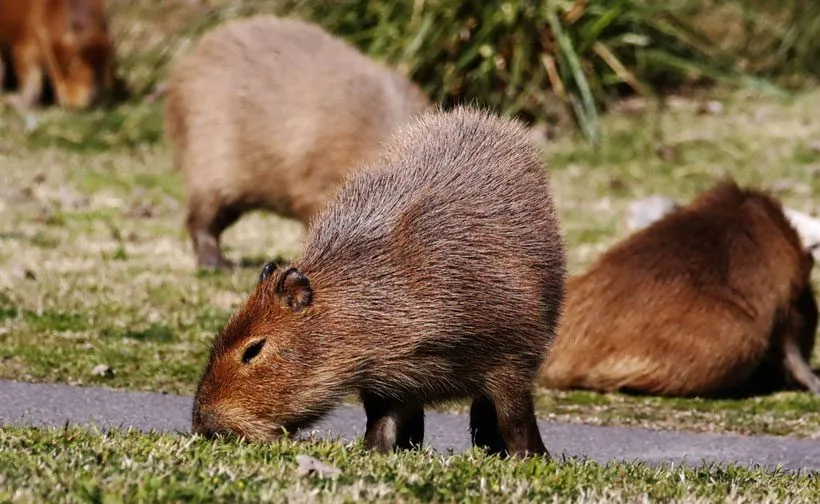
Let’s keep it real—you can’t always predict animal behavior. But there are some foolproof ways to minimize your chances of getting bitten:
1. Respect Their Space
Capybaras don’t like feeling crowded. Approach them slowly and let them decide if they want to interact.
2. Know the Warning Signs
Capybaras might raise their fur, chatter their teeth, or make vocalizations when they’re uncomfortable. These are your cues to back off.
3. Avoid Their Babies
Yes, the babies are cute. But resist the urge to pick them up. Mom might not appreciate it.
4. Create a Stress-Free Environment
For pet capybaras, give them plenty of space, access to water, and a quiet place to chill. Happy capybaras are less likely to bite.
5. Don’t Force Interactions
Think of capybaras like introverted roommates. If they’re not in the mood to hang out, don’t push it.
What to Do If a Capybara Bites You

Got nipped? Don’t panic. Here’s what to do next:
- Clean the Wound: Wash it thoroughly with soap and water.
- Disinfect It: Use an antiseptic to kill any lingering bacteria.
- See a Doctor: Especially if the bite is deep or starts showing signs of infection.
- Monitor for Symptoms: Watch for redness, swelling, or fever. These could signal an infection.
Can Capybaras Be Trained Not to Bite?
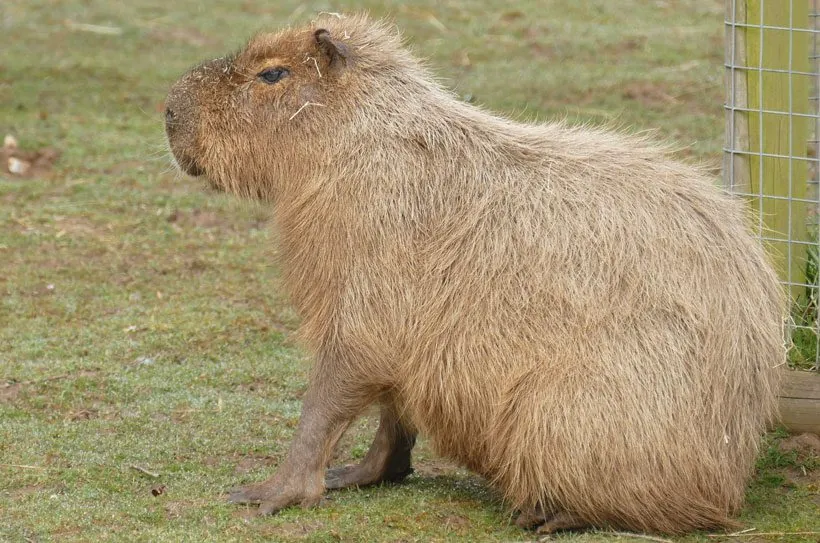
Short answer: Yes, to some extent. While you can’t erase their natural instincts, you can help capybaras feel more comfortable around humans.
Tips for training capybaras:
- Positive reinforcement: Reward them with treats for calm behavior.
- Gradual exposure: Slowly introduce them to new people and environments.
- Consistency: Stick to a routine to reduce stress.
FAQs About Capybaras and Biting
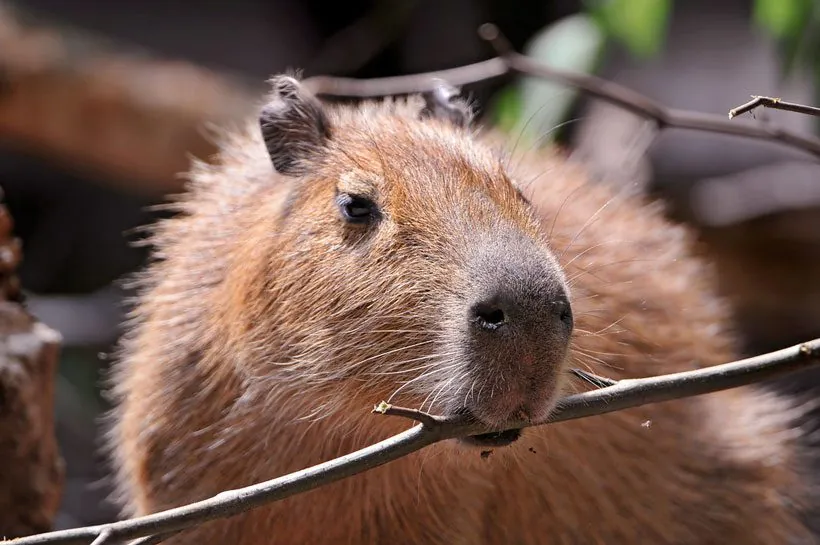
1. Are capybaras aggressive?
Nope! They’re known for being chill, but they can bite if they feel threatened or stressed.
2. Do capybara bites hurt?
Yes, their strong jaws can cause pain and even injury.
3. Can you pet a capybara?
If the capybara is comfortable with you, absolutely. Just make sure to respect their boundaries.
4. Are capybaras good pets?
They can be, but they’re not for everyone. Capybaras need lots of space, water, and socialization.
Final Thoughts
So, do capybaras bite? They can, but it’s not their go-to move. These gentle giants usually prefer chilling in the water over starting trouble. By understanding their behavior and respecting their space, you can enjoy safe and rewarding interactions with these fascinating creatures.
At the end of the day, remember: capybaras are wild animals, not plush toys. Treat them with care, and you’ll see why they’ve earned their reputation as the world’s most laid-back rodent.
